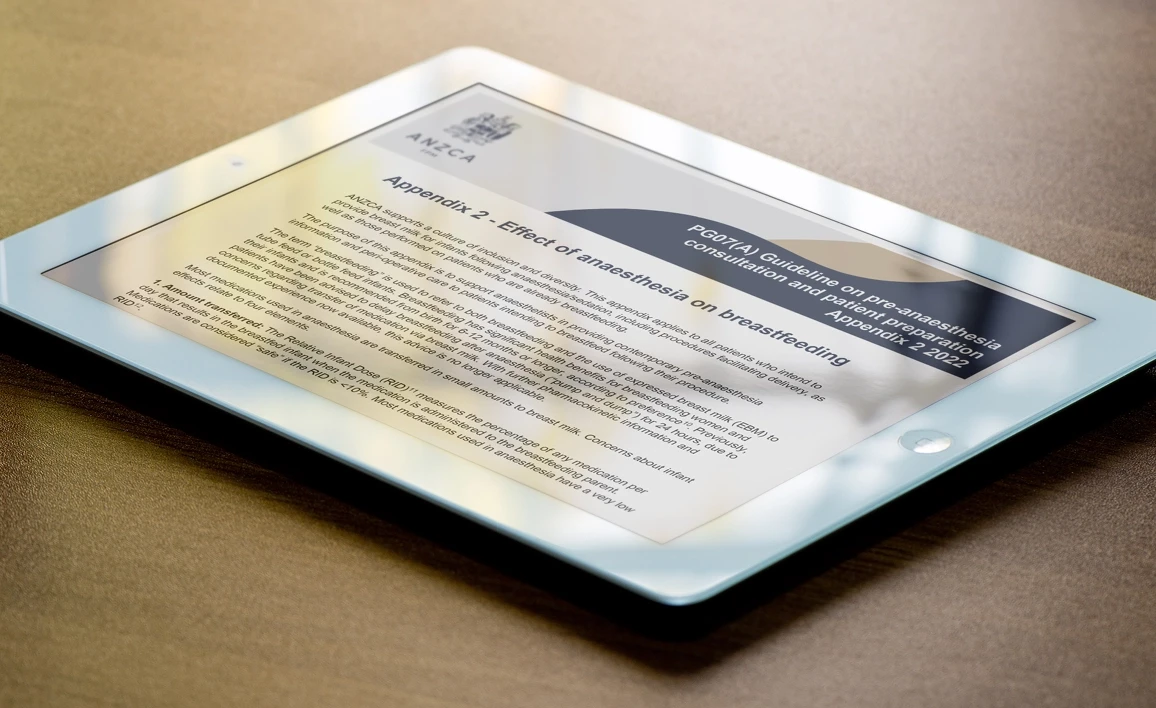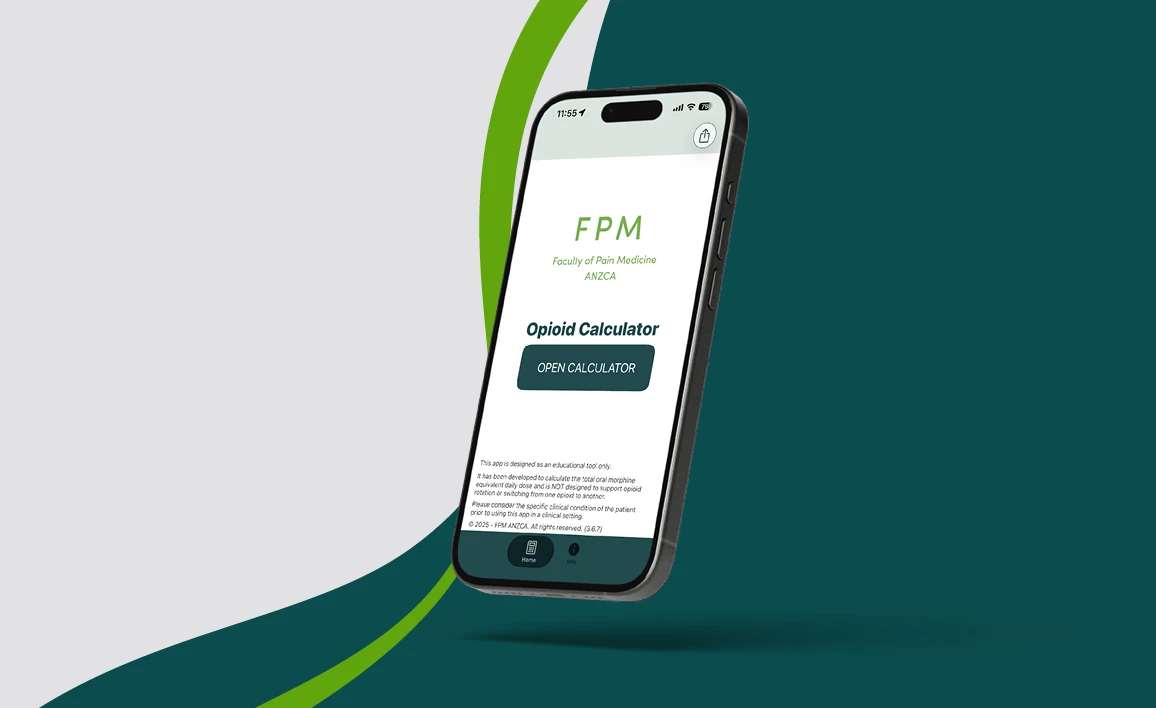Top pain specialists gather in Fremantle for key meeting

Australia’s leading pain specialists are about to meet in Fremantle, bringing together clinicians, researchers and trainees to share the latest insights on the treatment of acute and chronic pain.
The Faculty of Pain Medicine (FPM) of the Australian and New Zealand College of Anaesthetists (ANZCA) Spring meeting from 24-26 October features keynote lectures, panel discussions and workshops on emerging therapies, multidisciplinary care models, paediatric pain, and the role of mental health in managing long-term pain conditions.
Highlights of the “Treating the whole patient” program include:
- Advances in paediatric pain care.
- Pain medicine’s role in palliative care.
- The use of physical therapy in chronic pain.
- The future of pain education and training.
- Access to public pain clinics.
Faculty Dean Dr Dilip Kapur says the meeting comes at a critical time, as more than one in five Australians live with chronic pain, many of them without adequate access to specialised care.
“Chronic pain doesn’t just affect the body – it impacts work, relationships and quality of life. It is one of the most misunderstood and under-treated health issues in our community,” Dr Kapur explains.
“Pain medicine is one of the most important and growing areas of healthcare. Chronic pain doesn’t just hurt – it affects every part of a person’s life. Our meeting is about developing better treatments, raising awareness, and making sure people get the care they need.
“Our Spring Meeting is an opportunity to highlight the latest evidence and innovation, but also to strengthen collaboration across disciplines.”
FPM, a world leader in training and standards, is the only multidisciplinary body in Australia and New Zealand that trains specialist pain medicine physicians from anaesthesia, psychiatry, rehabilitation, general practice and other fields.
Dr Kapur says the Fremantle meeting will underscore the importance of continued investment in research, education and services and access to public pain services.
“By working together, we can change the trajectory of pain for millions of people. Meetings like this are vital in ensuring that innovation translates into real improvements in patient care.”



